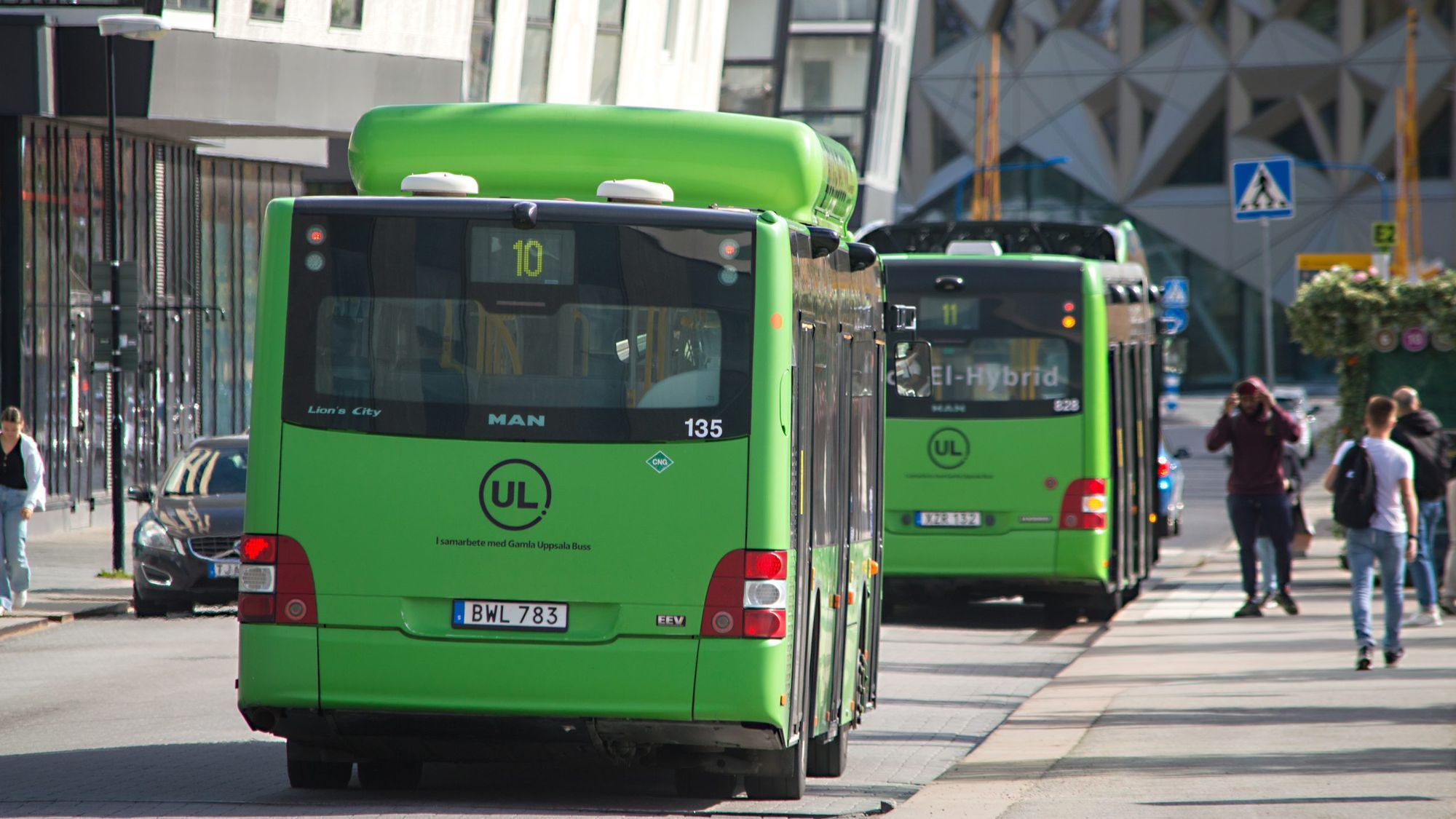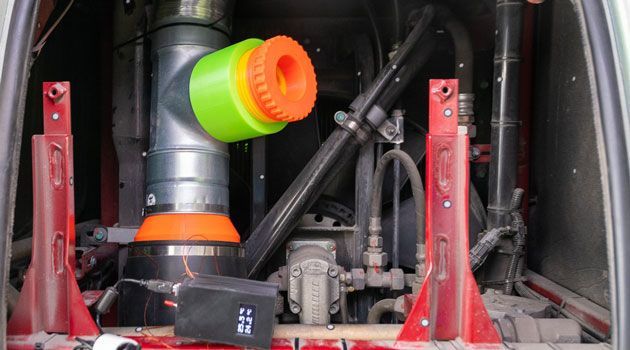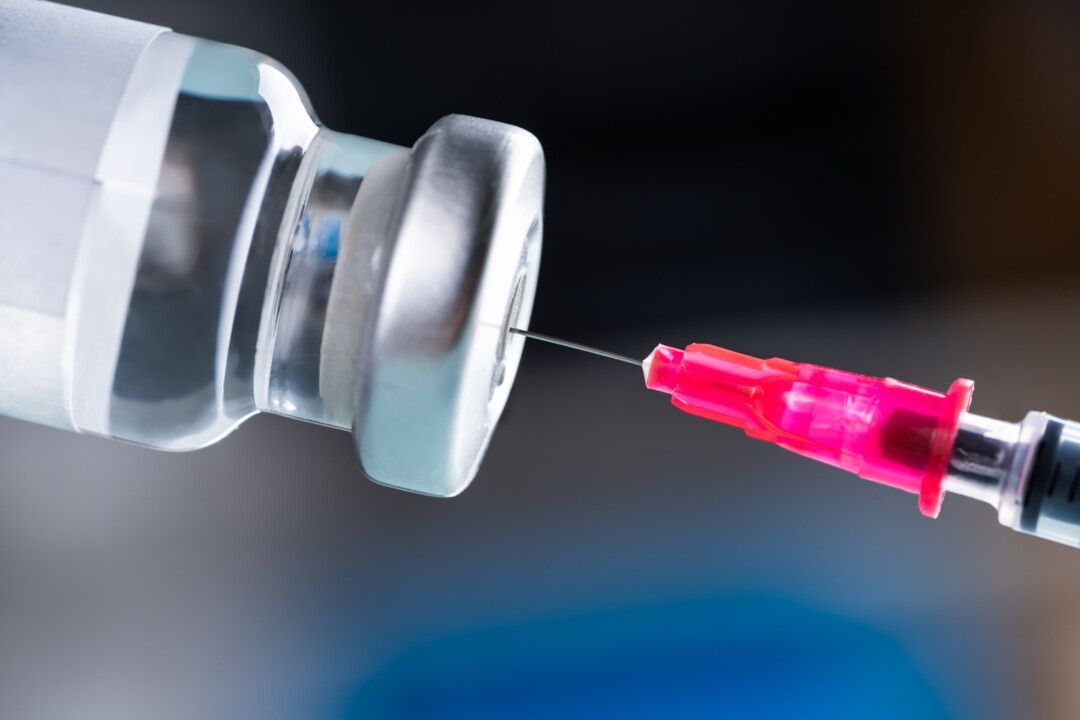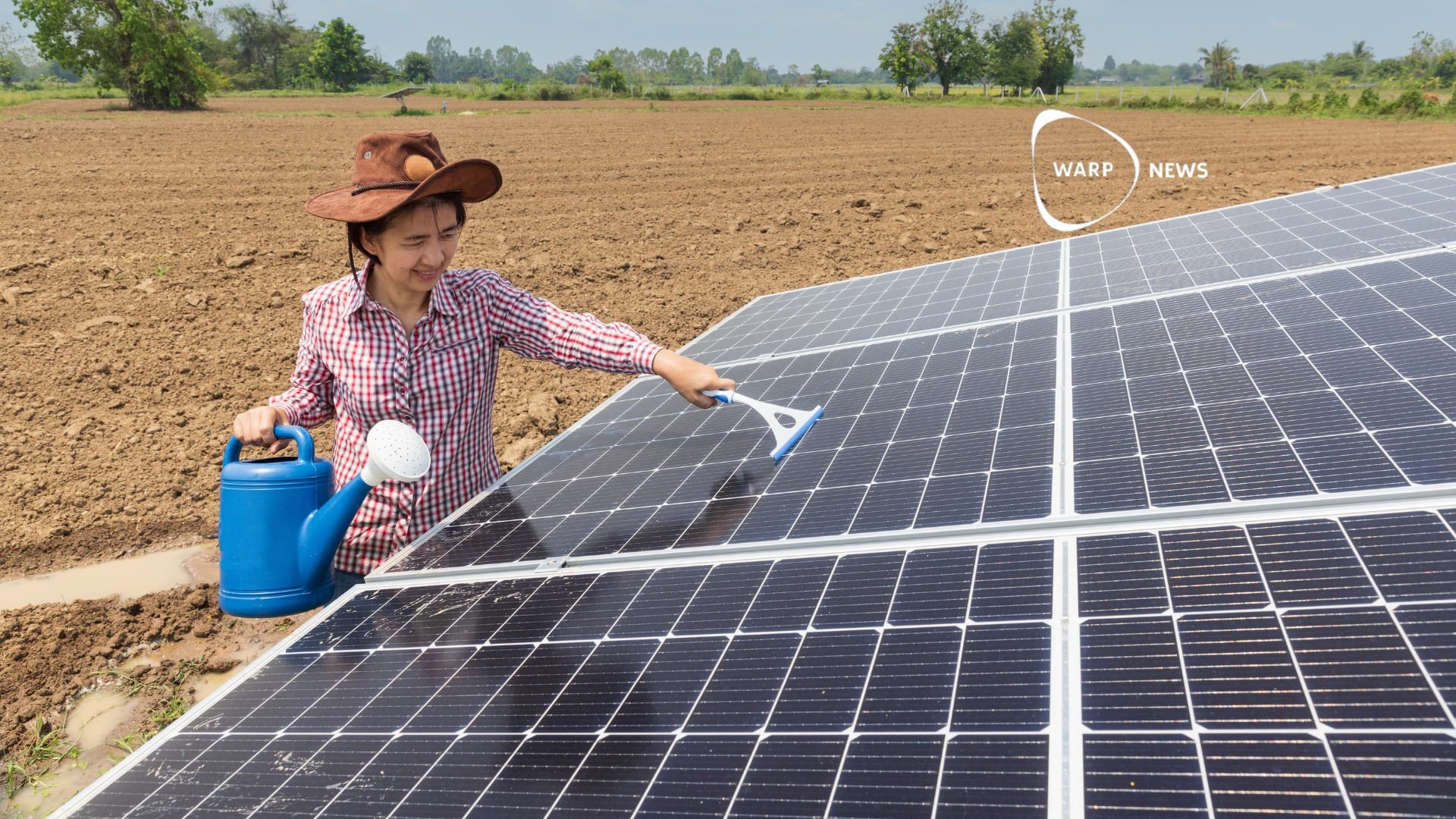
🚌 Heat from bus engines kills viruses
With a simple modification to the engine, it's possible to purify the air in a bus and get rid of viruses circulating.
Share this story!
During the pandemic, one of the recommendations has been to avoid taking the bus because the virus spreads easily in confined spaces. But now researchers at Uppsala University have developed a technology that can make the air in buses virus-free.
"When the pandemic struck, we wanted to do something to help, use our knowledge in some way that would make a difference in society. It is difficult to avoid congestion in public transit, the whole point is to have a high density, so then we got the idea to simply do something to improve the air quality and air hygiene in the buses", says Marvin Seibert, researcher at the Department of Cell and Molecular Biology at Uppsala University and one of the researchers behind the technology, in a press release.
The technology involves using the heat from the bus engine to sterilize the air. The solution can be installed on existing vehicles and does not need filters, chemicals or disinfectants. The whole job should only take a mechanic a few hours.

The solution has already been tested on a fossil-free electric hybrid bus in city traffic that has so far traveled 2,000 km with this air purification method installed.
"We can show that the technology takes out the air and kills viruses effectively. But how much it reduces the risk of becoming infected on board depends on many interacting factors and would take many years and enormous resources to measure accurately. On the other hand, it is a perfectly reasonable assumption that the spread of infection is reduced through the improved air quality", says Marvin Seibert.
The researchers will now go ahead and see if the technology can also be used in other vehicles.
"We will talk to motorsport enthusiasts to see if there is an interest in the technology in private cars. The technology can be transferred to cars with internal combustion engines, including hybrids and plug-in hybrids, and we know that the risk of infection spreading in a car is quite high. It is the smallest space you normally share with others, such as the family", says Marvin Seibert.

By becoming a premium supporter, you help in the creation and sharing of fact-based optimistic news all over the world.



